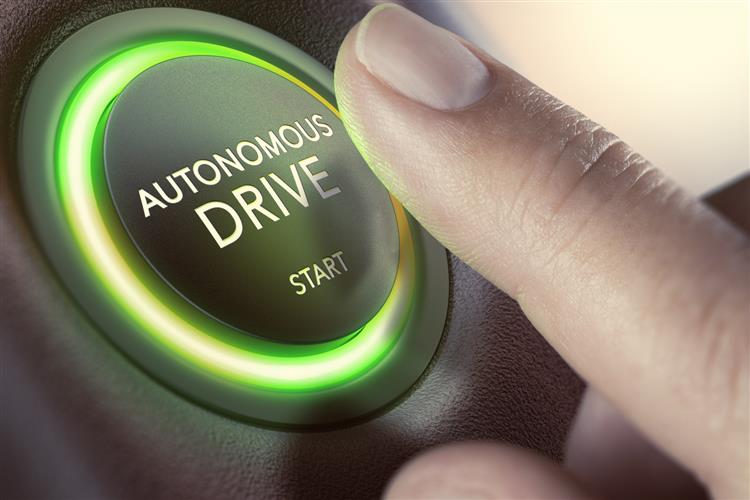DOUBT ABOUT DRIVER-LESS CARS

News Published on : 07-Oct-2021 09:50:21

A study by Volkswagen Financial Services UK (VWFS) has revealed that 46% of British motorists think they d be a better driver than driverless cars powered by Artificial Intelligence. Regionally it s Scottish people who are Britain s most confident drivers with 54% of Scots answering that they d trust their own driving skills over driverless vehicles. People living in northern England are the second most likely group to back their motoring prowess over driverless cars (48%) followed by people in the South East (47%) and respondents in the Midlands (46%). However just four in ten people (40%) in Wales and the South West feel they d be better drivers than driverless cars. Generationally 18-24 year olds believe in their driving abilities most (52%) whereas just 39% of over 75s think they d be a better driver than a driverless car. The Department for Transport announced earlier this year that self-driving vehicles could be allowed on UK roads by the end of 2021 with automated lane-keeping systems (ALKS) the first type of hands-free driving legalised. The government says the market in the UK could be worth as much as £ 42 billion by 2035 capturing around 6% of the £ 650 billion global market and creating approximately 38 000 new jobs. The research from Volkswagen Financial Services UK also found that almost a quarter of Brits (24%) think the first fully driverless car will be available to consumers in five to ten years whilst 8% think they ll never hit the mass market. Just 4% of respondents felt that a fully driverless car will be available to consumers within the next 12 months. And many consumers are not completely convinced by the idea of a driverless car with only one in five people (21%) saying they re likely to buy a driverless car if and when they become available. However men are significantly more likely than women to answer that they would be likely to purchase a driverless car (29% versus 13%). As expected younger people also indicate a greater likelihood to purchase a driverless car. Respondents aged between 25 and 34 years old are ten times as likely to buy a driverless car than people aged 55 to 64 years old (50% versus 5%). Most people who are interested in driverless cars say they would expect to spend their time listening to music (44%) whilst behind the wheel but 22% of people would still be focusing on the road. Other popular activities envisaged by this group included watching TV or a film (25%) reading (25%) sleeping (20%) and checking emails (17%). The Society of Motor Manufacturers and Traders (SMMT) has said automated driving systems could prevent 47 000 serious accidents and save 3 900 lives over the next decade through their ability to reduce the single largest cause of road accidents - human error.




